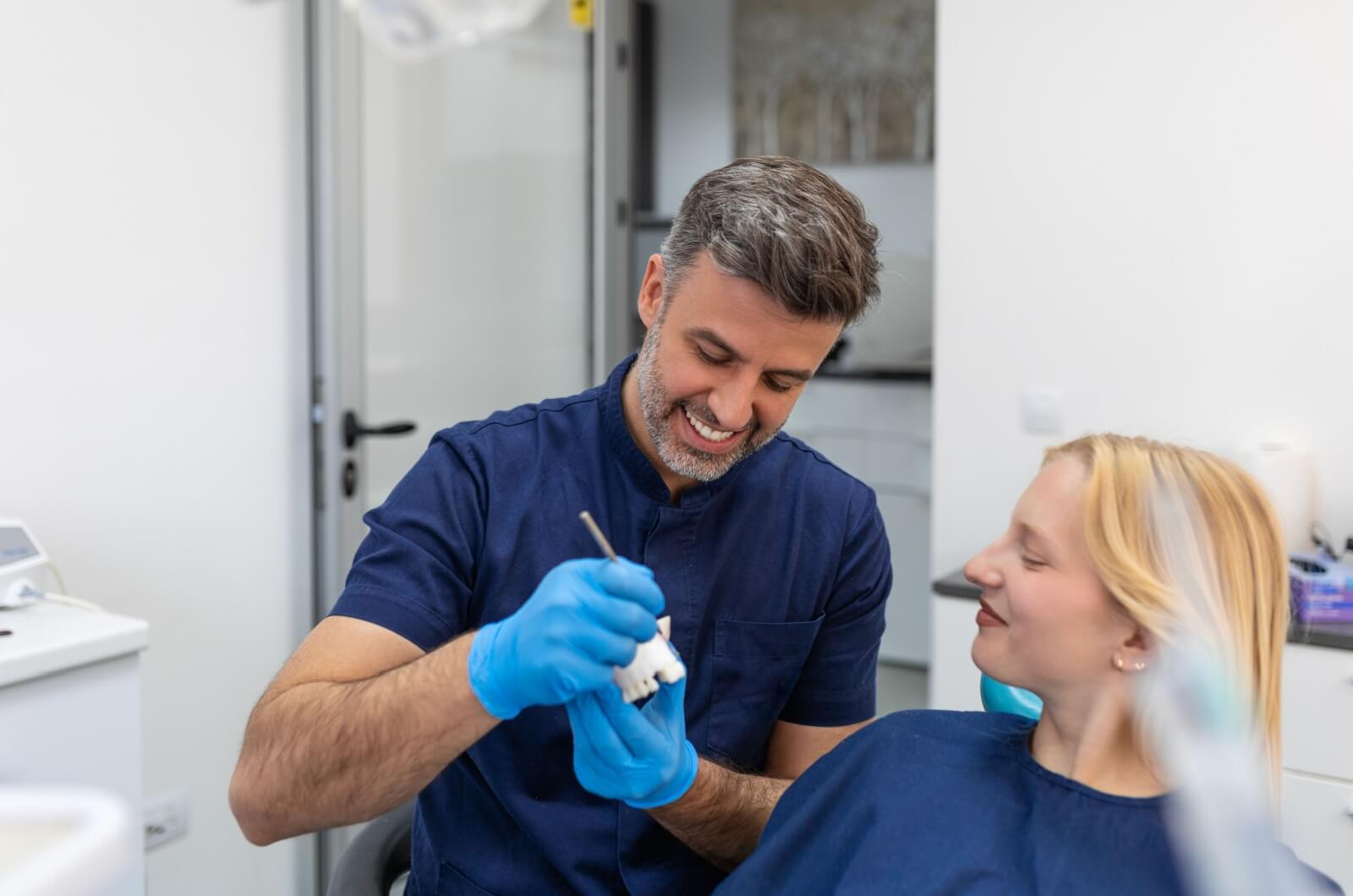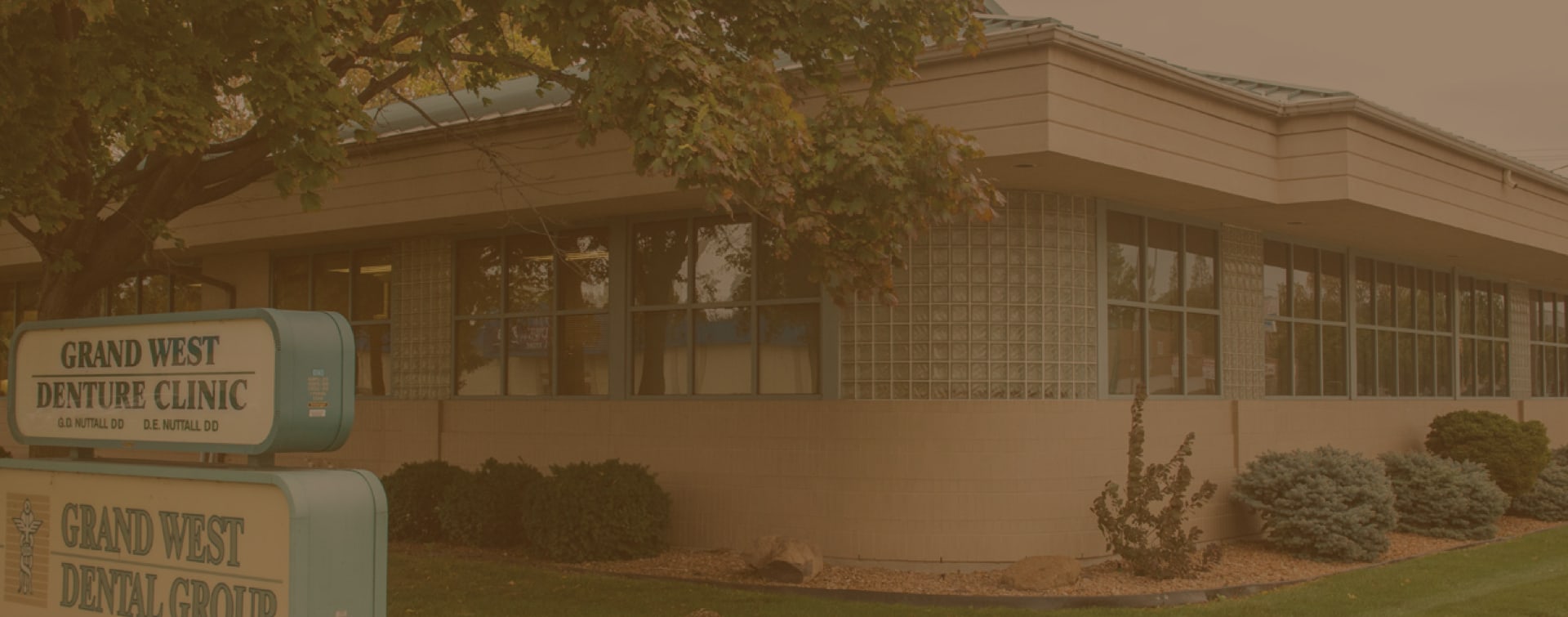Dental bridges offer more than just a solution for missing teeth; they restore your smile and confidence. However, like all dental appliances, dental bridges aren’t permanent fixtures and may need replacing after some time. Dental bridges are designed to be durable, but they aren’t invincible. Over time, wear and tear can damage them, leading to several issues. Regular check-ups with your dentist can help monitor your dental bridges’ strength.
What Happens When a Dental Bridge Wears Out?
Firstly, your dental bridge may become loose. This is often due to the natural shrinkage of the gums and bone around the bridge, which can create gaps and allow the bridge to move slightly. A loose bridge isn’t just inconvenient; it can also be a breeding ground for bacteria, leading to potential infections.
Secondly, the materials used in dental bridges, though robust, can deteriorate over time. Porcelain, for example, may chip or crack, while metal frameworks can corrode. Such damage can compromise the bridge’s structural integrity, making it less effective and increasingly uncomfortable.
Lastly, worn-out dental bridges may cause discomfort or pain. This discomfort can manifest as tooth sensitivity, gum inflammation, or headaches. Regular dental check-ups can help identify these issues early, providing timely intervention.
Can a New Dental Bridge Be Removed & Recemented?
Ultimately, a dental bridge can be removed and recemented, but there are some caveats.
Removing a dental bridge is a delicate procedure requiring the expertise of a skilled dentist. It involves carefully breaking the cement bond that holds the bridge in place without damaging the supporting teeth. You should refrain from attempting this at home.
Once removed, the dentist will assess the condition of the bridge and the supporting teeth. The bridge can be cleaned and repaired if it is still in good shape. However, if signs of significant wear or damage occur, considering a replacement may be more practical.
Recementing an existing bridge can extend its lifespan and save you the cost of a new one. However, it’s essential to remember that this is a temporary solution. Regular monitoring and maintenance are crucial to ensure the longevity of the recemented bridge.
What Happens When a Dental Bridge Needs to Be Replaced?
When a dental bridge has reached the end of its useful life, replacement becomes necessary. This process involves several steps to ensure the new bridge fits perfectly and functions correctly:
- The old bridge needs to be carefully removed. This requires precision in order to avoid damaging the abutment teeth (the teeth that support the bridge). Your dentist will use specialized tools to break the cement bond and lift the bridge off.
- The supporting teeth are cleaned and reshaped to accommodate the new bridge. Additional dental work, such as fillings or crowns, may be needed to ensure the supporting teeth are strong enough.
- Once the teeth are ready, an impression of your mouth is taken. This impression is used to create a custom-fitted dental bridge. Modern dental technology allows for high-precision impressions, ensuring a perfect fit.
- Finally, the new bridge is placed and adjusted for comfort and functionality. Your dentist will make any necessary tweaks to ensure a seamless fit before permanently cementing the bridge.
Is Replacing a Dental Bridge Painful?

Dental procedures can be daunting, no matter what they are. However, advancements in dental technology and techniques have made replacing a dental bridge relatively pain-free.
Local anesthesia is typically used to numb the area during removal and preparation. You might experience some pressure or slight discomfort, but it shouldn’t be painful. Most patients find that the discomfort associated with replacing a dental bridge is manageable and short-lived. The benefits of having a functional, comfortable bridge far outweigh the temporary pain of the procedure.
After the anesthesia wears off, mild soreness or sensitivity in the treated area is expected. Over-the-counter pain relievers can help manage this discomfort. Your dentist may also recommend specific oral care practices to aid in healing and minimize pain.
How Long Should a Dental Bridge Last?
A well-maintained dental bridge can last 5 to 15 years, sometimes even longer. Several factors influence the lifespan of a dental bridge:
- Quality of Materials: High-quality materials like porcelain or metal alloys tend to last longer and withstand daily wear and tear more effectively.
- Oral Hygiene: Brushing twice daily, flossing daily, and using an antiseptic mouthwash can help prevent plaque buildup and gum disease, which can compromise your bridge.
- Lifestyle Habits: Grinding your teeth or chewing on hard objects can shorten the lifespan of your dental bridge. Being mindful of these habits and taking steps to mitigate them can help your bridge last longer.
- Regular Dental Check-Ups allow your dentist to monitor the condition of your bridge and address any issues promptly. Early intervention can prevent minor problems from becoming major ones, extending the life of your bridge.
Grand West Dental knows how important a uniform, well-kept smile can be to someone’s self-esteem and confidence. Contact us today to see if we can help with any issues you may be experiencing with your dental bridge.









